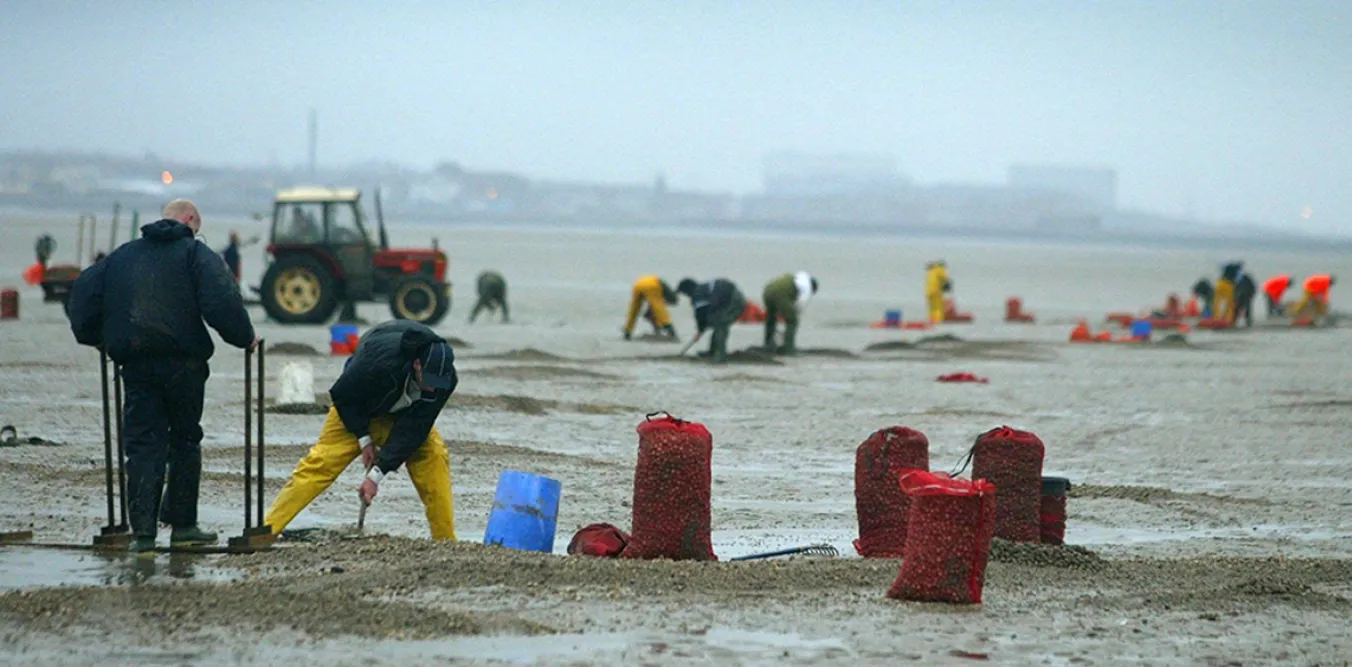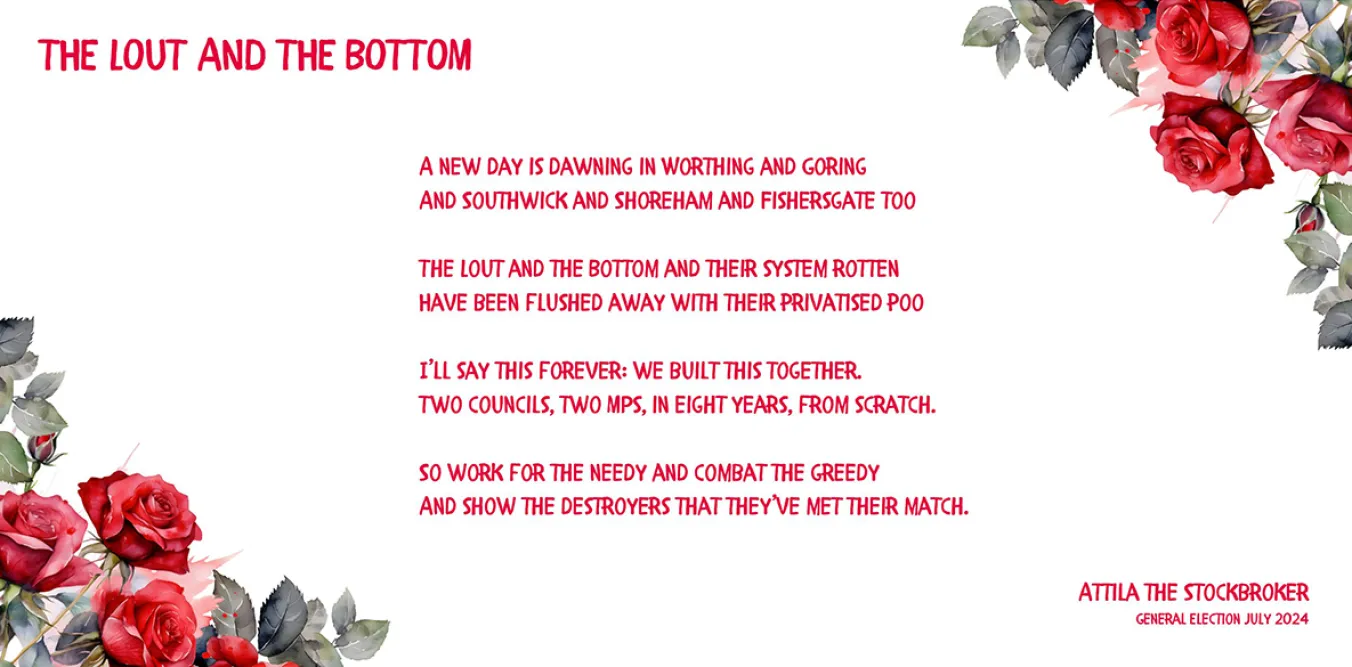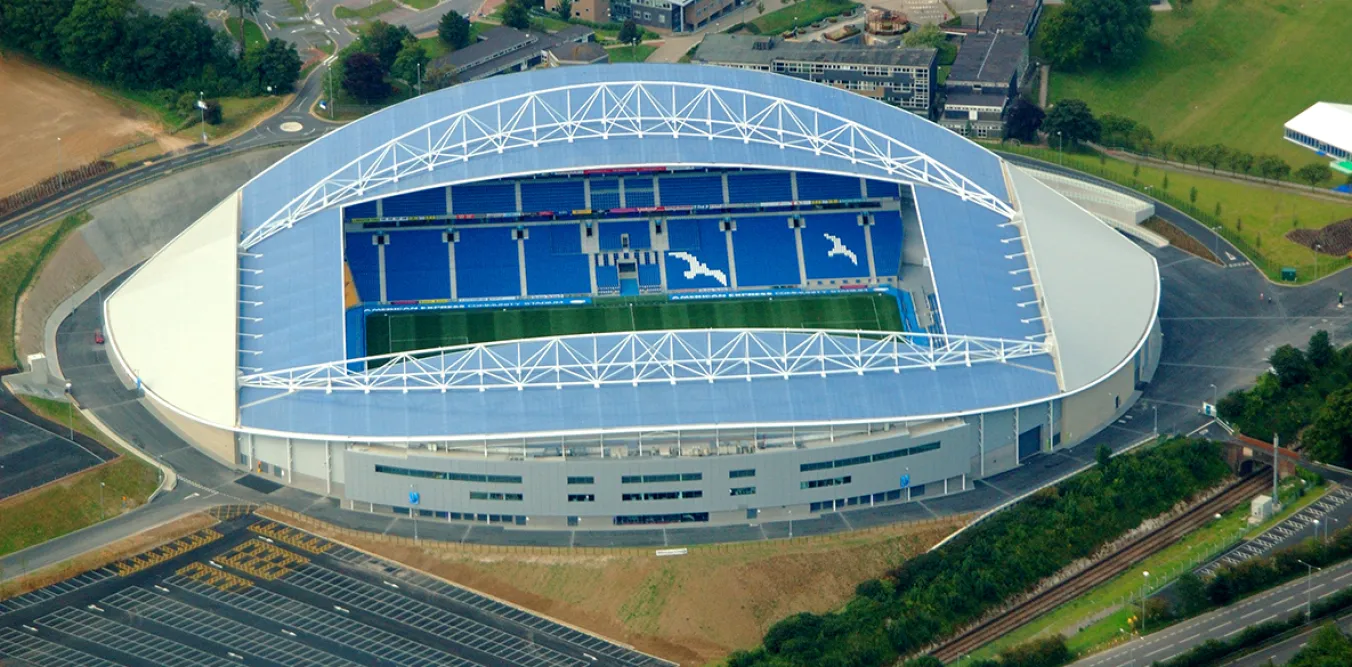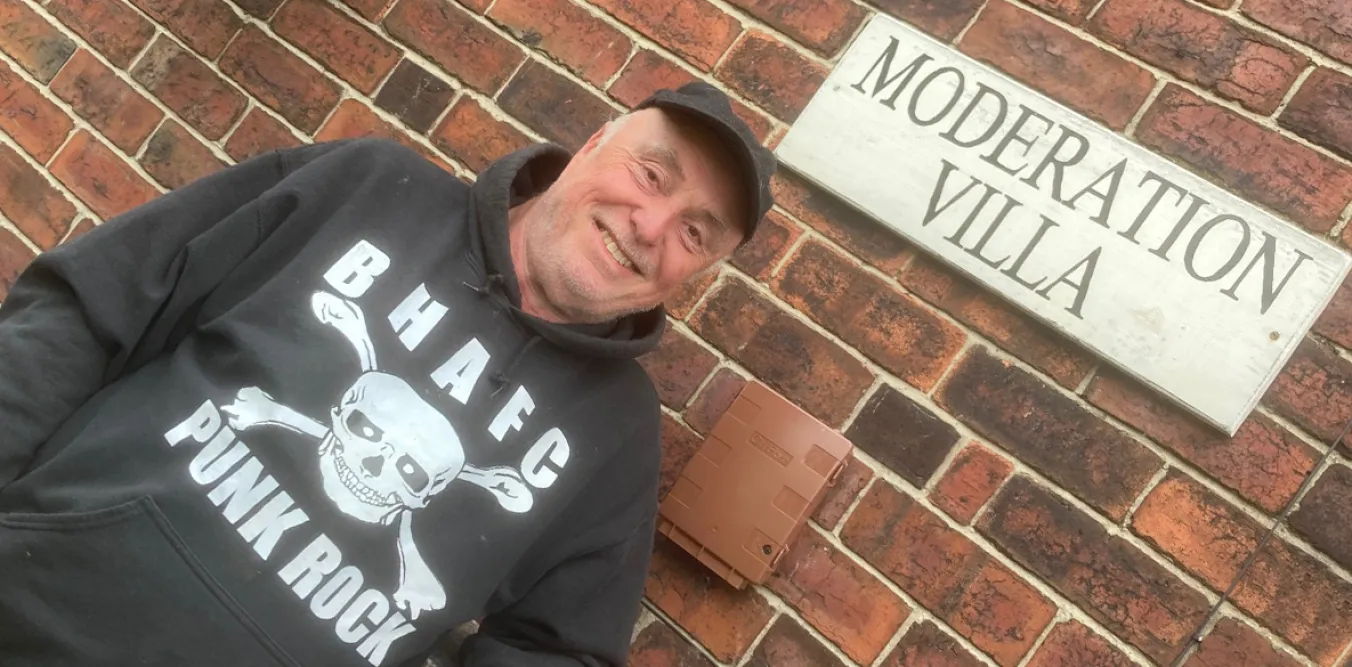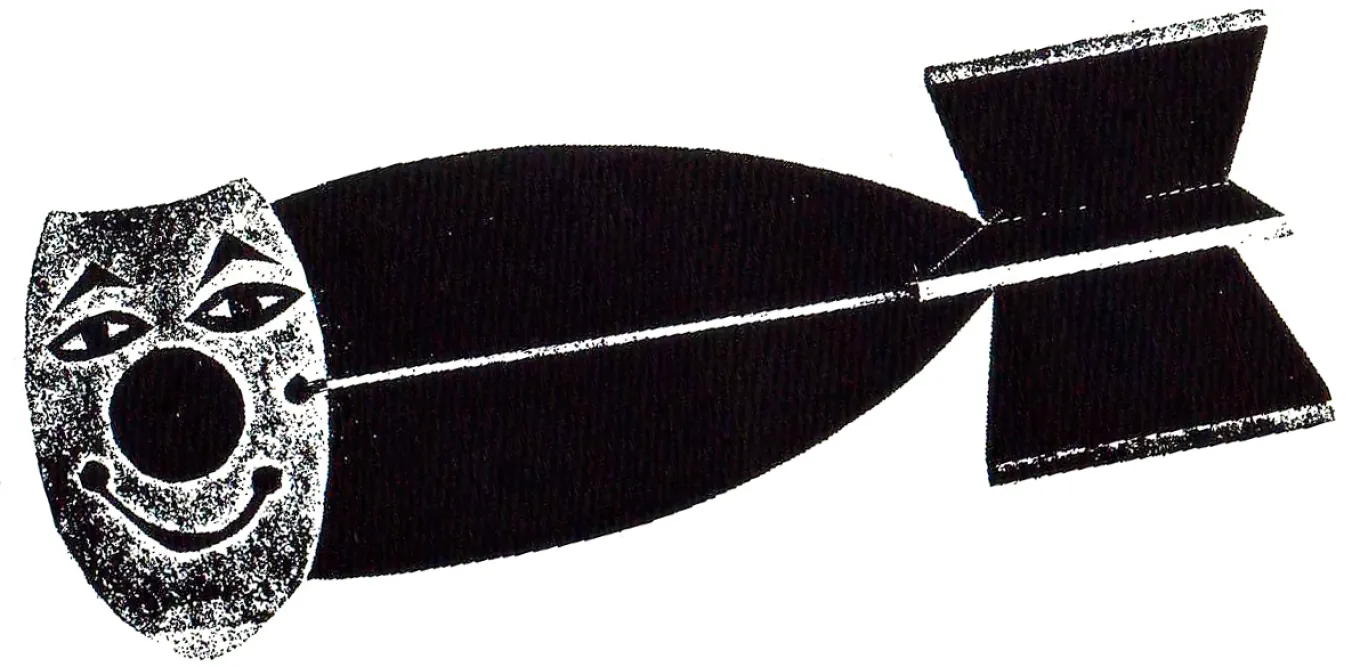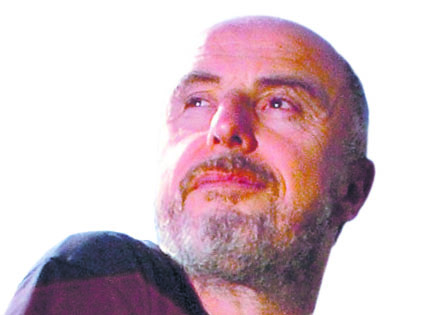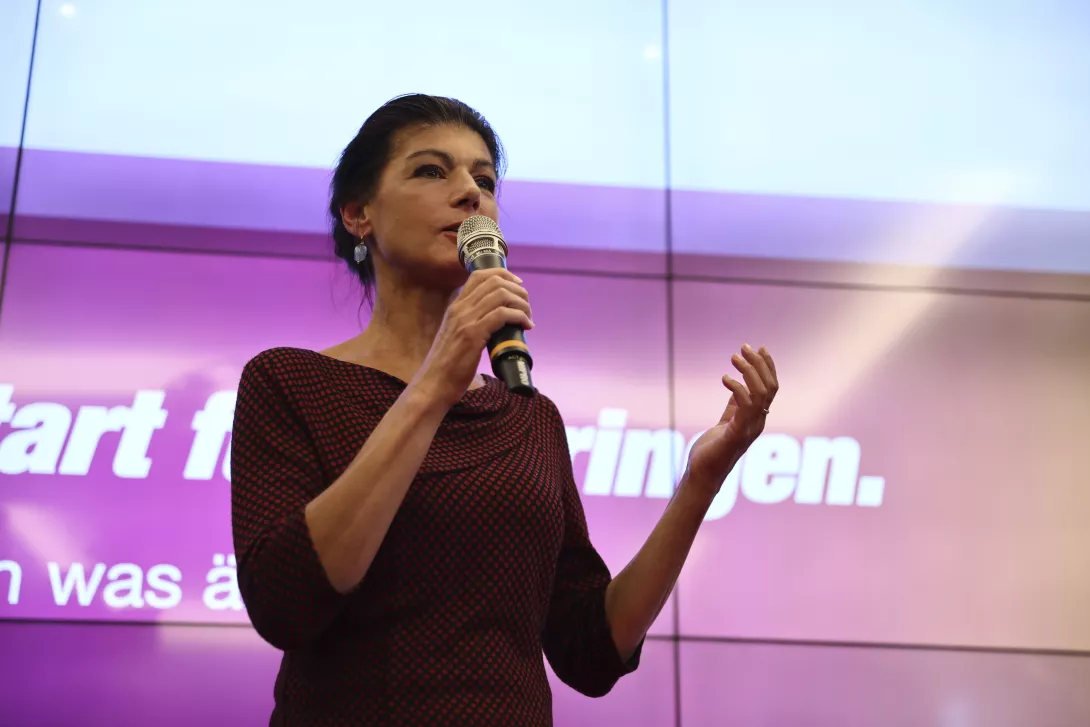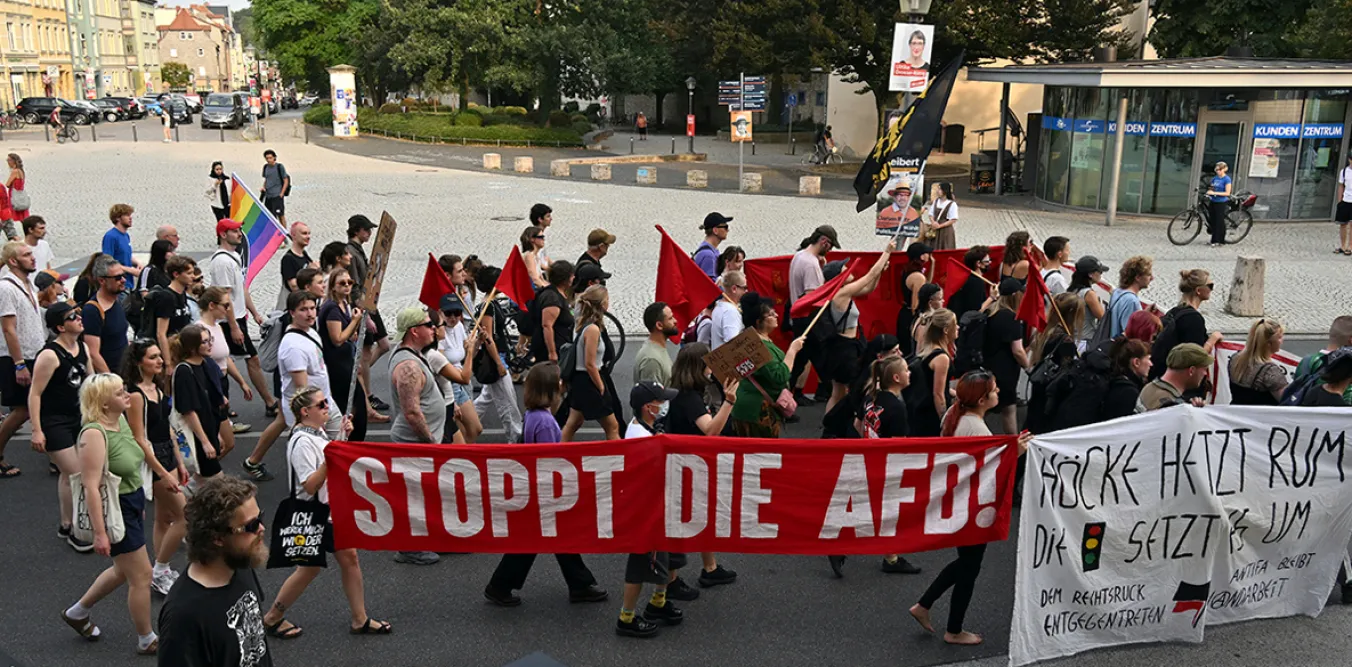
OCCASIONALLY I pause from chronicling my travels to pass comment on a particular event which has a long-term relevance to, and resonance in my political life.
My experiences as one of the first punk performers to officially tour the German Democratic Republic (GDR) between 1986 and the early 1990s, witnessing firstly the hope for democratic socialist change and then the chaos and misery wrought after “unification,” have shaped my political thinking ever since, and I still take a keen interest in events there. For me, East Germany was, and remains, the canary in the coal mine. And things are not looking good.
The substantial vote for the far right AfD in Saxony and Thuringia in the recent regional elections in the former GDR is a disaster, and the intervention by former lifelong SED/PDS/Linkspartei/Linke activist Sahra Wagenknecht and her newly formed BSW (Bundnis Sahra Wagenknecht) splitting the vote of the “true believers” with a cocktail of hard-left economic policies and anti-immigration, anti-green rhetoric actually made things worse.
She claims to be fighting the far right on their own territory: my opinion is that although much of her economic analysis is spot on, on social issues she ended up singing from enough of the same hymn sheet as them to disqualify her movement from being seen as part of the left and a true anti-fascist alternative. It is a tragedy, because economic inequality is at the heart of the problems right across Europe, and dealing with that is the key to facing down the far right with their eternal simplistic scapegoating.
There is a message there not just for East Germany and Germany as a whole, but for France, England and indeed the whole of Europe. And especially one for the Labour leadership, shying away from giving the poorest and most vulnerable the help they so desperately need, paralysed by concerns about “market confidence,” “fiscal responsibility” and “runs on the pound.”
Capitalism has failed. Market forces don’t work. They bring poverty, division and despair to millions and benefit only a tiny few. The rejection of the “Ellbogengesellschaft” (“elbow,” or “dog-eat-dog society”) that I saw introduced at first hand as poverty, homelessness and despair ripped through huge swathes of the GDR after the “Anschluss” of 1989, has now spread right across the continent. A total lack of economic democracy makes millions question the viability and meaning of political democracy, and the failure of mainstream socialist parties to do the basic thing they were brought into existence for — improve the lives of working people — has led to them being supplanted by the populist right.
The balance must be reversed. Money markets and international financial institutions must no longer have the power to make or break governments. Oligarchs, currency speculators, hedge fund managers, non-dom media magnates and the like must be cast into the dustbin of history. The age where tiny, vastly wealthy elites wallow in wealth while millions starve must come to an end.
A pipe dream, you say? I’m old enough to remember a world where it was eminently possible, where it had been achieved on many levels and just needed to be improved — as the GDR activists inspired by Gorbachev’s reforms were trying to do before a tidal wave of bananas and second hand car salerooms destroyed their hopes. I was there: I saw it happen. Then the privatisers of the Treuhandanstalt (the so-called “Trust agency" established to privatise East German enterprises) destroyed the hopes of the banana-wavers and we end up 35 years later in a massive, “market forces” shaped hole.
It really is socialism or barbarism.
I met John McDonnell again at the Burston Strike School Rally last Sunday — I so wish he was chancellor, not Rachel Reeves, and I wish it was Die Linke, not the AfD, who had the votes of the East Germans who hate what capitalism did to their lives. The key is economics — change the basic way the system’s run so everyone can live decently and safely and racism, bigotry and hatred will take a back seat.
